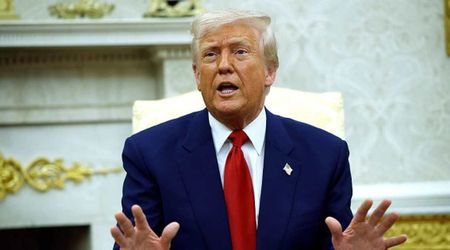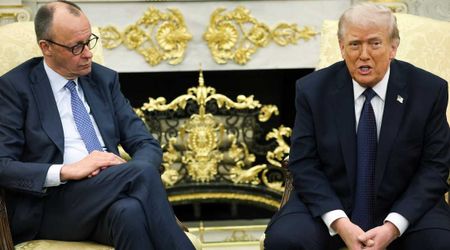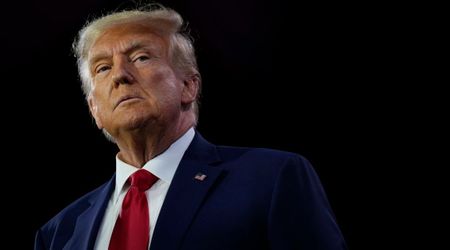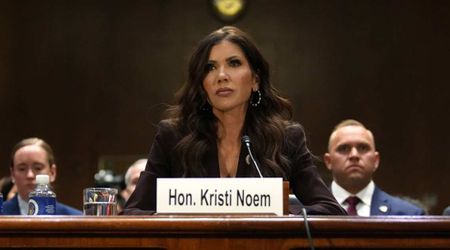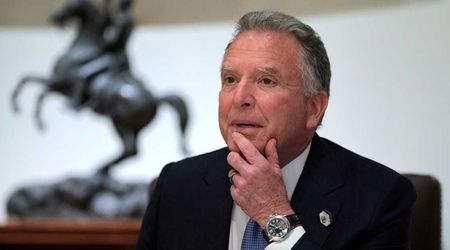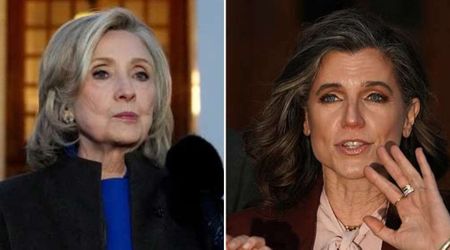Michelle Obama blamed herself for fertility struggles before she and Barack had daughters through IVF

NEW YORK CITY, NEW YORK: Michelle Obama has shed light on the emotional toll of infertility in a candid conversation on the May 1 episode of 'The Diary of a CEO' podcast hosted by Steven Bartlett.
The former first lady reflected on the heartbreak and confusion she experienced after struggling to conceive in her 30s, OK! Magazine reported.
Michelle Obama reflects on fertility struggles despite doing everything 'right'
Despite doing everything “right”, building a career, finding love, and waiting for the "perfect" time to start a family, Michelle Obama was blindsided by how fertility didn’t follow the same checklist.
"You think it’s going to happen like a box you check. And no one tells you there really is a biological clock," said Michelle, who married Barack Obama at 29.
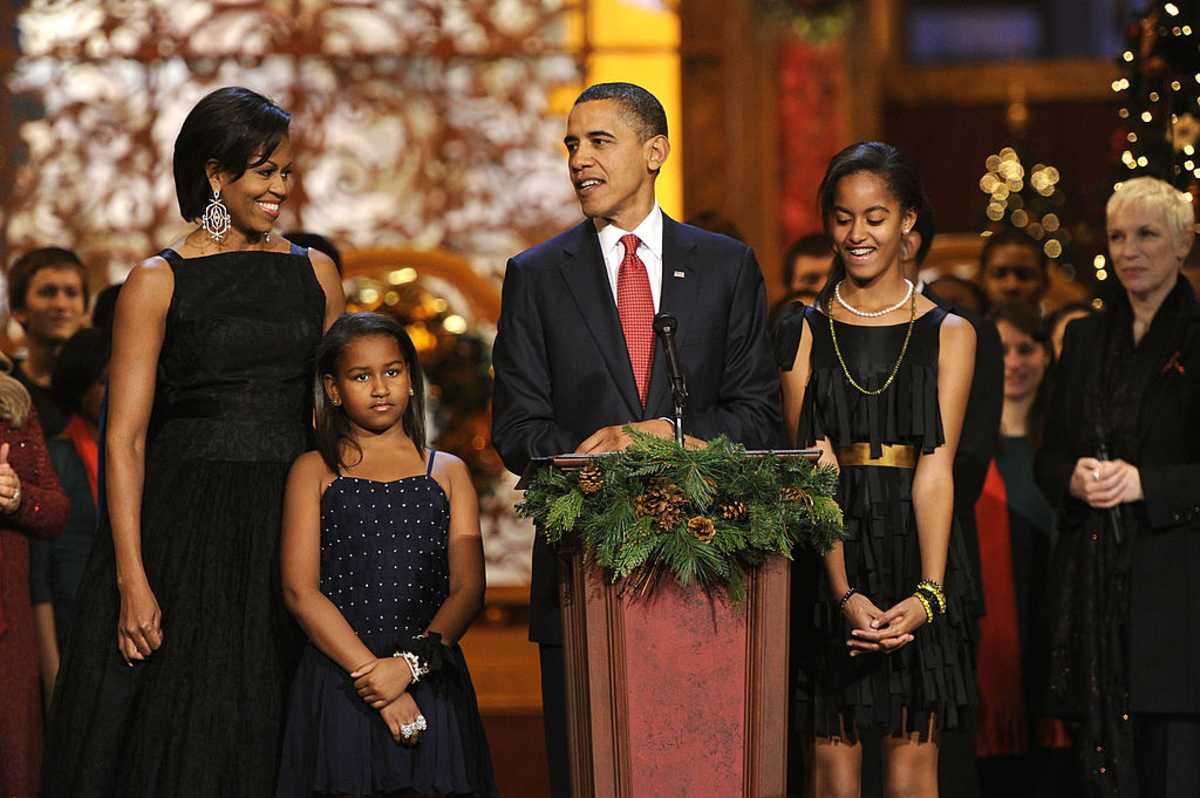
"While we’re waiting for our lives to be perfect, that biological clock is ticking."
Michelle, now 61, first revealed in her memoir 'Becoming' that she suffered a miscarriage and later welcomed daughters Malia and Sasha via IVF.
'Becoming' reportedly offers a sweeping look at her life, from her upbringing in Chicago to her experiences with racism during her time in the public eye, including her historic role as the first Black first lady of the United States.
In the book, she opens up about a deeply personal chapter, revealing that she felt “lost and alone” following a miscarriage two decades ago.

“We were trying to get pregnant and it wasn’t going well,” Obama, 54, wrote, as per Today.
But in the new interview, she dove deeper into the emotional weight of feeling like she had failed. "When it happens to you, a box-checker, and things don’t work out, it’s a blow," she admitted.
"And as a woman, you’re walking around owning that blow as if it’s your fault."
Michelle Obama highlights the isolation and shame surrounding miscarriage
Michelle Obama also highlighted how society fails women by not discussing the realities of fertility and miscarriage more openly. "That’s one of the reasons why I think it’s important to talk to young mothers because egg production is limited, and I realized that when I was 34 and 35."
Michelle said the isolation and shame around miscarriage made her feel broken, a sentiment she later learned was tragically common.

"We sit in our own pain, thinking that somehow we’re broken," she told Good Morning America back in 2018, calling it a major reason she chose to publicly share her IVF journey.
Her latest remarks continue a powerful conversation about reproductive health, urging more honesty between women about the challenges that often go undiscussed.
"I think it's the worst thing we do to each other as women, not share the truth about our bodies and how they work and how they don't work," she said.



